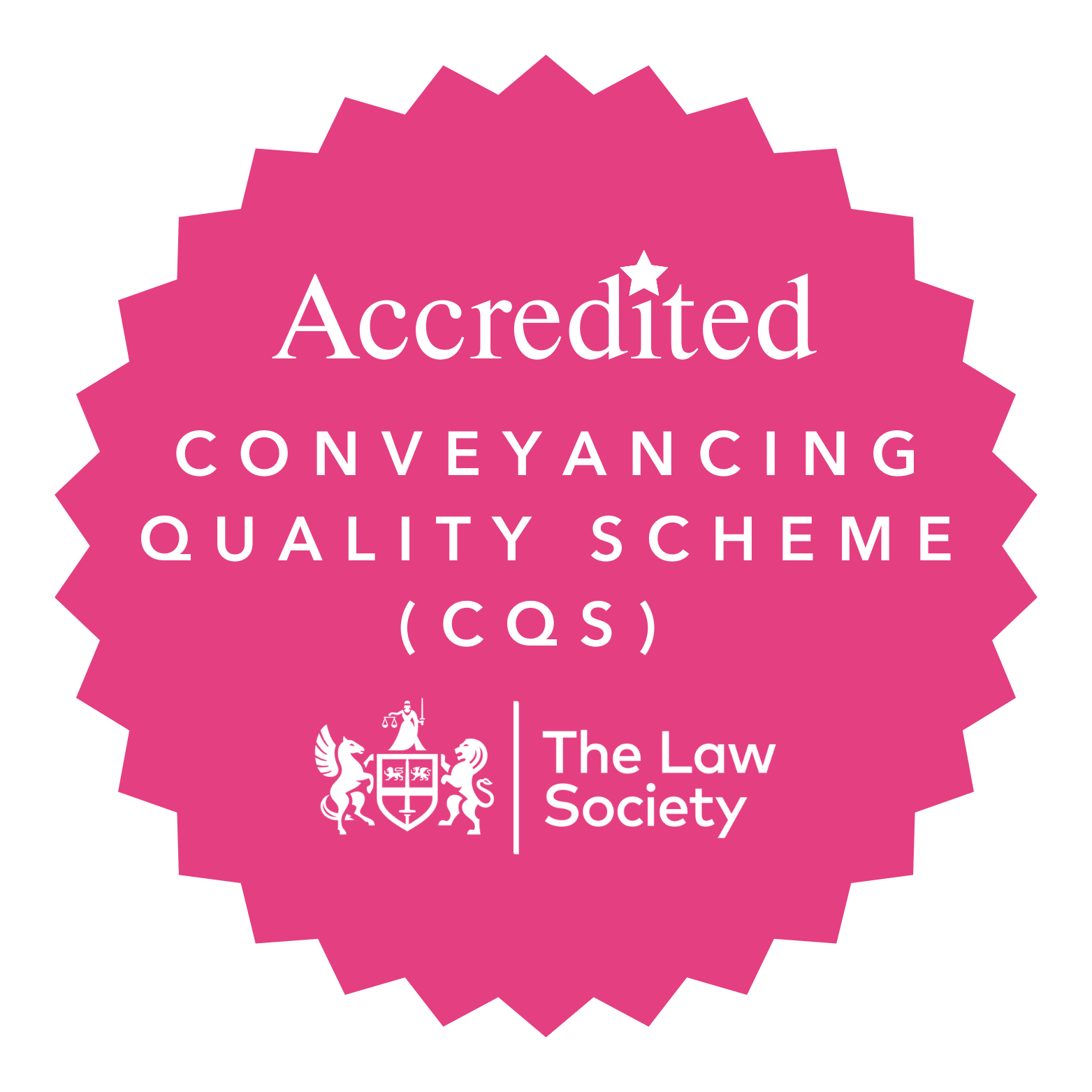Corporate Regulatory Compliance
Understanding and adhering to corporate regulations can be complex. Our team can guide you through a breadth of regulations, ensuring your business remains compliant with all necessary laws. We provide detailed assessments and strategic compliance solutions to strengthen your corporate governance framework and reduce the risk of non-compliance.
Anti-Money Laundering Compliance
It’s important to protect your business from financial crime threats. We help you design and implement effective anti-money laundering procedures to detect and prevent money laundering activities. We help you implement strategies to ensure your business aligns with the latest legal standards and remains protected.
Bribery Compliance
The integrity of your company is vital to business success. We assist in developing comprehensive anti-bribery frameworks to combat bribery and corruption, safeguarding your reputation. Our approach includes training, risk assessment, and policy development to promote an ethical corporate culture.
Data Protection Compliance
With the volume of digital data in organisations, data protection is paramount. Our data protection compliance services ensure your business adheres to all relevant data privacy laws, protecting both your organisation and your clients. We offer guidance on compliance with GDPR and other regulations, helping you manage data responsibly and securely.
Legal Outsourcing Services
We can help organisations with legal strategy and direction by acting as your in-house legal team. By leveraging our expertise, you can focus on core business activities while we handle your compliance governance. We provide cost-effective solutions to meet the unique demands of your organisation, allowing you to streamline processes and allocate resources more effectively.
Why Use Franklins Solicitors?
- Industry Expertise: We have expertise across a broad range of legal disciplines, supporting organisations at board level to ensure compliance.
- Tailored Solutions: We understand that each organisation is unique, and our services are designed to fit your specific needs.
- Proactive Support: It’s our job to stay up-to-date with the latest compliance and regulatory changes, ensuring we help your business to remain compliant and prepared for the future.
- Excellent Service: We believe it’s crucial to provide a proactive service that builds a long-term partnership. We pride ourselves on your success.
Get in Touch for a Consultation
Contact us today to schedule a consultation and learn how we can support your business’s legal compliance needs.













